This is it! This is the single page of code that Ákos Hadnagy wrote this summer to formally verify WARP-V, an open-source RISC-V CPU core.… Read More
Semiconductor Intellectual Property
Eta Compute Receives Two Awards from ARM at TechCon
Many startups set out with the goal of accomplishing a technical feat that was previously considered impossible. Quite frankly most do not succeed. Yet, occasionally a company comes along that succeeds with a game changing breakthrough. ETA Compute has done just this. Yet, even more impressively, this 3-year-old company has… Read More
SiFive Extends Portfolio with 7 Series RISC-V Cores
At the recent Linley Fall Processor Conference in Santa Clara, Jack Kang, SiFive’s VP of Product Marketing introduced SiFive’s Core IP 7 Series.Designed to power devices requiring Embedded IntelligenceandIntelligence Everywhere,the cores allow scalability, efficient performance and customization. The Core IP 7 Series… Read More
Synopsys DDR5 LPDDR5 Memory Interface IP Targets AI, Automotive, and Mobile SoCs
Synopsys announced on October 24 new DesignWare[SUP]®[/SUP] Memory Interface IP solutions supporting the next-generation DDR5 and LPDDR5 SDRAMs. The DDR5 and LPDDR5 IP significantly increase memory interface bandwidth compared to DDR4 and LPDDR4/4X SDRAM interfaces, while reducing area and improving power efficiency.… Read More
IoT Security Process Variation to the Rescue
Unique device identities are at the core of all computer security systems. Just as important is that each unique identity cannot be copied, because once copied they can be used illegitimately. Unique device IDs are used to ensure that communications are directed to the correct device. And they also provide the ability to encrypt… Read More
The Changing Face of IP Management
Aristotle once said “The whole is greater than the sum of its parts”. The notion of synergism echoes the importance of leveraging design IPs to the maximum extent with the rest of the system under development, in order to ensure a successful SoC design outcome in a shorter development cycle.
SoC design cost and entry point
For over… Read More
Is ARM TechCon Really Worth it?
The ARM TechCon organizers are asking me what I thought of this year’s conference so here it goes. As you know I am a big fan of ARM TechCon and feel it is one of the better conferences for SoC design. This year however I noticed a big change in demographics. Maybe the location change had something to do with it but I definitely saw different… Read More
Playing the Long Game with 56G SerDes
IP has always been a hot topic on SemiWiki with quite a bit of our readers doing the “make versus buy” analysis. SerDes is one of the more difficult “makes” so it is mostly a “buy” analysis made by networking class ASIC architects and a handful of other applications that demand high performance and throughput. Based on the recent traffic… Read More
Designing Integrated ADAS Domain Controller SoCs with ISO 26262 Certified IP
As new automotive Advanced Driver Assistance System (ADAS) based product releases intensifies while a more stringent set of safety requirements are mandated, it is not surprising that subsystem and electronic suppliers are looking for pre-designed and ISO 26262 certified IP that can address both imperatives of schedule and… Read More
Wi-Fi Standards Simplified
In the world of communications, the industry fairly quickly got a handle on a naming convention for cellular technology generations that us non-communication geeks could understand – 2G, 3G, 4G and now 5G, (though some of us could never quite understand the difference between 4G and LTE, at least as those terms are widely and no … Read More



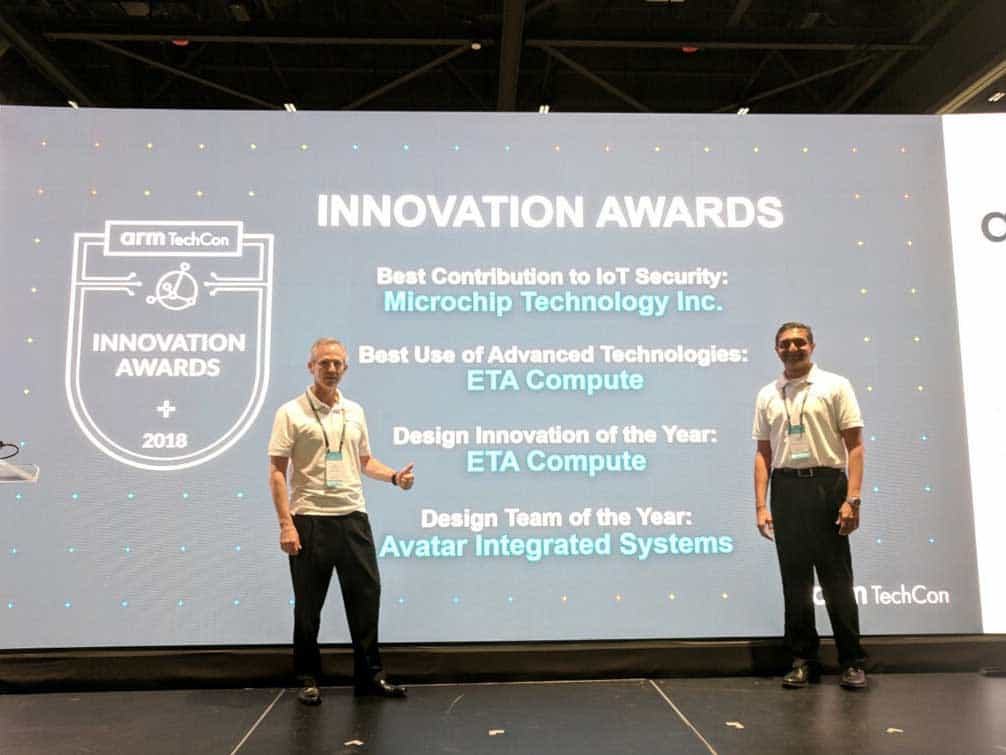
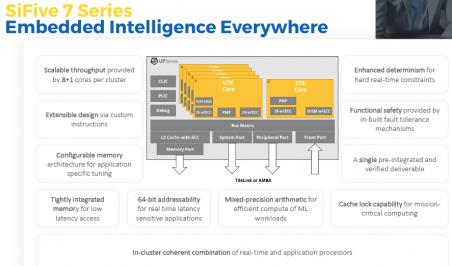
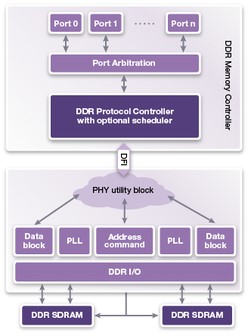


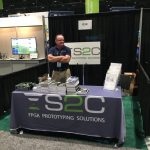
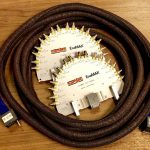
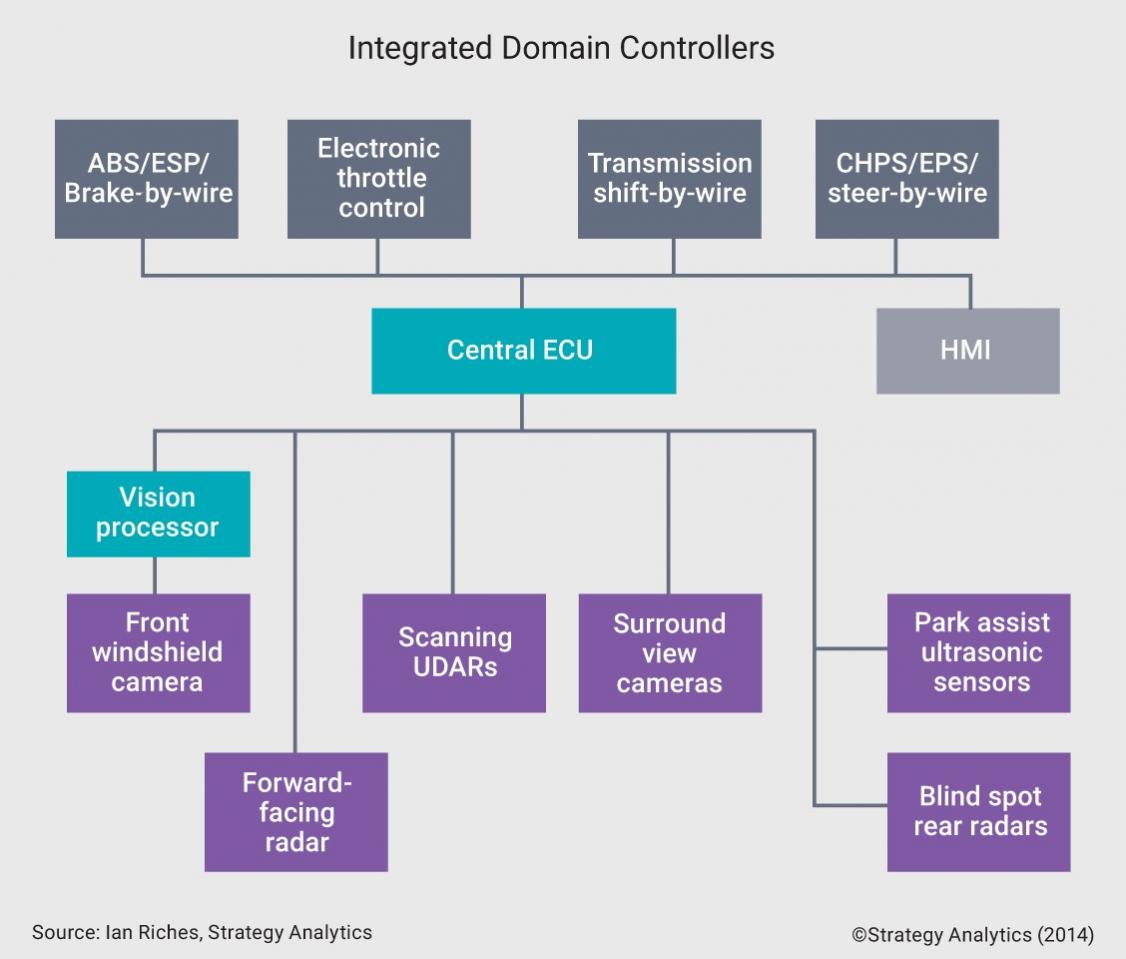
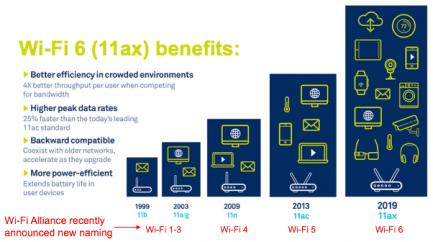
AI Bubble?